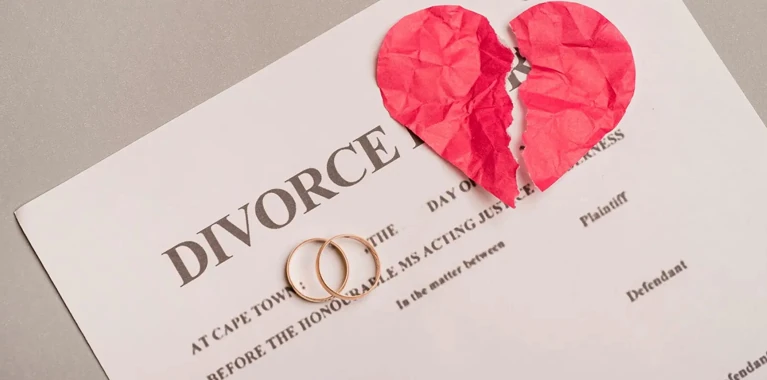
Divorce, a challenging life event, brings about significant changes in financial arrangements, including life insurance policies. In India, understanding what happens to life insurance after divorce is crucial for both parties to ensure financial stability and proper protection. Here, we explore the implications of divorce on life insurance and the steps individuals should take to manage their policies effectively post-divorce.
- Ownership and Beneficiary Designations: One of the first aspects to consider is the ownership of the life insurance policy and the designation of beneficiaries. Typically, a spouse may be listed as the primary beneficiary. After a divorce, it is vital to revisit and, if necessary, update the beneficiary designation. This is crucial because if the policyholder fails to change the beneficiary, the ex-spouse might still receive the death benefit, which may not align with the policyholder’s current wishes.
According to legal experts, it is often advisable to consult a lawyer to understand the legal implications of changing beneficiaries and to ensure that the changes comply with the divorce settlement. In some cases, divorce agreements might specifically address the issue of life insurance, stipulating whether an ex-spouse should remain a beneficiary, particularly if there are child support or alimony obligations.
- Court-Mandated Life Insurance: In many divorce cases in India, courts may mandate that one party maintain a life insurance policy for the benefit of the other party or for their children. This requirement ensures that financial obligations such as alimony, child support, or educational expenses are covered in the event of the policyholder’s untimely death. The court might specify the coverage amount and duration, ensuring continued financial protection for dependents.
- Reviewing Policy Ownership: Divorce might necessitate the transfer of policy ownership. For instance, if a policy was initially owned jointly, it may need to be transferred to one party’s name. This transfer process involves contacting the insurance company, filling out the necessary forms, and providing proof of the divorce decree. Ensuring that ownership is clearly defined post-divorce helps prevent future disputes and ensures that the policy is managed according to the new owner’s wishes.
- Maintaining or Canceling Policies: Another consideration is whether to maintain or cancel existing life insurance policies. If the policy was taken out primarily to protect the financial interests of the now ex-spouse, the policyholder might consider canceling it, especially if there are no dependent children. However, if there are ongoing financial obligations, maintaining the policy may be prudent. Additionally, starting a new policy to protect current financial interests and dependents might be necessary.
- Tax Implications and Premium Payments: Post-divorce, the responsibility for premium payments needs to be clarified. The divorce settlement should specify who is responsible for ongoing premium payments to avoid lapses in coverage. Moreover, understanding the tax implications of these payments is essential. In India, life insurance premiums paid by the policyholder are eligible for tax deductions under Section 80C of the Income Tax Act. Ensuring that these deductions are correctly claimed and allocated can provide financial benefits.
- Updating Contact Information and Policy Details: Lastly, it is crucial to update contact information and other policy details with the insurance provider. Changes in address, phone numbers, and email addresses should be communicated to ensure that all policy-related communications are received timely. Additionally, reviewing and updating personal information such as marital status can help keep the policy current and valid.
Conclusion
Navigating life insurance after divorce in India requires careful consideration of beneficiary designations, policy ownership, court mandates, and financial responsibilities. By taking proactive steps to update and manage life insurance policies post-divorce, individuals can ensure continued financial protection and stability for themselves and their dependents. Consulting legal and financial advisors can provide valuable guidance in making these critical adjustments, ensuring that life insurance remains a robust part of post-divorce financial planning.








